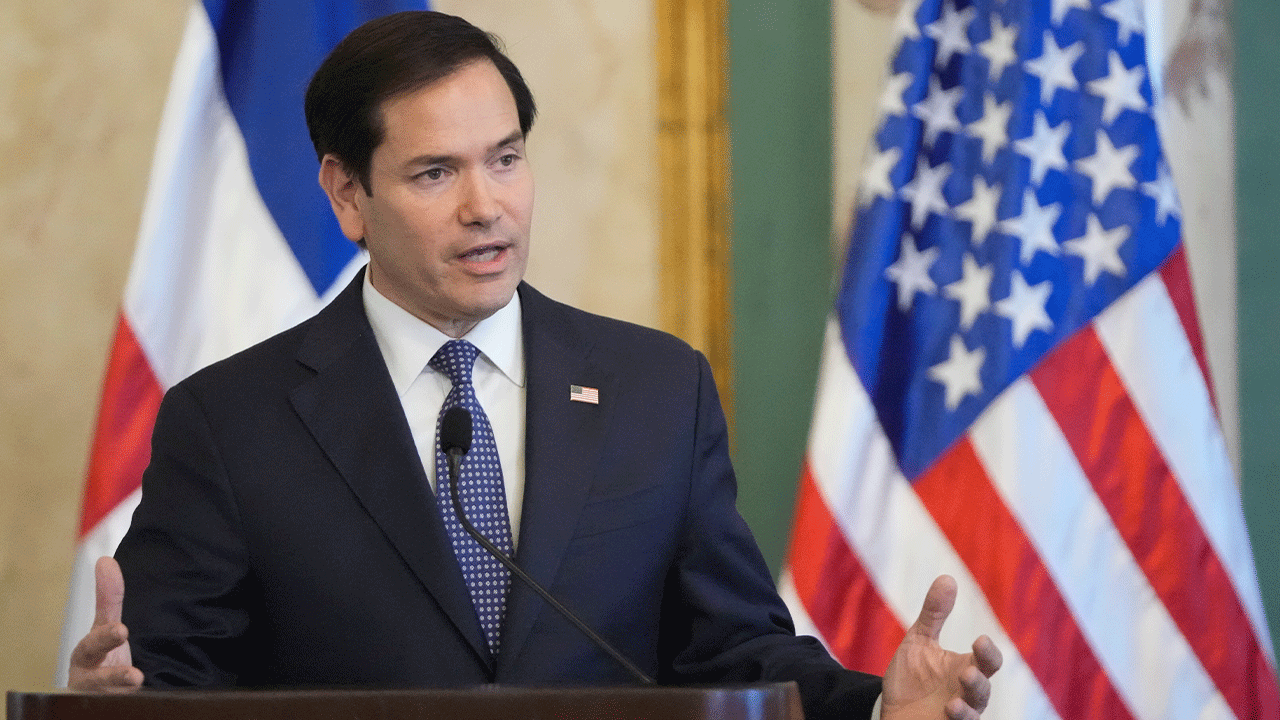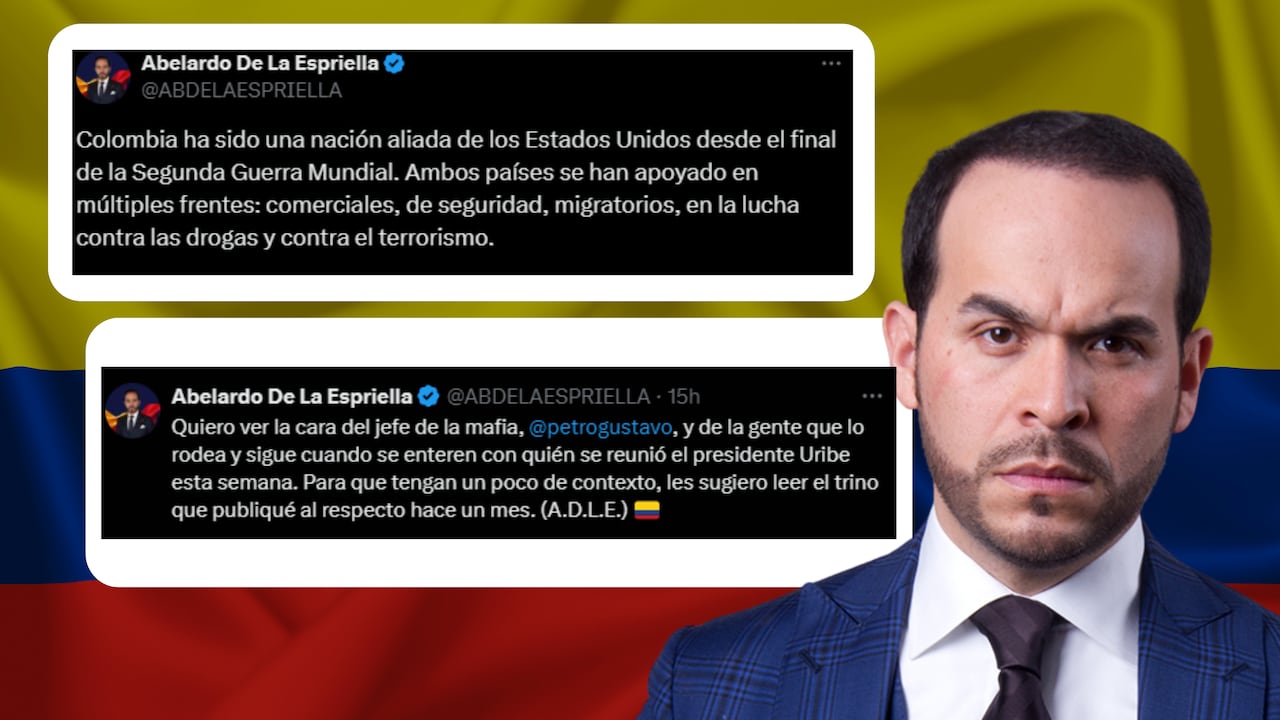Marco Rubio Warns Uribe Verdict Signals Dangerous Judicial Shift in Colombia
In a significant legal development for Colombia, former President Alvaro Uribe has been found guilty on two of three charges, including bribery in criminal proceedings and procedural fraud. The ruling, delivered today, has drawn sharp criticism from U.S. Secretary of State Marco Rubio, who expressed deep concern over the implications of the verdict for the integrity of Colombia’s judicial system.
Background & Context
Alvaro Uribe served as Colombia"s president from 2002 to 2010 and is a pivotal figure in the nation’s recent history, credited with implementing policies that significantly reduced violence from drug cartels and guerrilla groups. However, his tenure has also been marred by accusations of human rights violations and corruption. The current trial, which has attracted international attention, is seen as a culmination of years of political strife and legal challenges faced by Uribe. The charges stem from allegations that he attempted to manipulate judicial proceedings to silence opponents and protect allies.
The verdict marks a watershed moment in Colombia, where the judiciary has often been accused of being influenced by political motivations. Rubio"s comments reflect a broader concern among U.S. officials about the potential erosion of judicial independence in Colombia, a key ally in the region. In his statement on the social media platform X, Rubio characterized the trial as indicative of a "weaponization of Colombia’s judicial branch" by what he termed "radical judges." This framing suggests a belief that the ruling could set a dangerous precedent for future political trials in the country.
Key Developments
The trial"s outcome has ignited a firestorm of debate within Colombia and beyond. Rubio"s remarks, which highlight fears of politicized justice, come at a time when public trust in judicial institutions is already fragile. His assertion that the verdict is a "worrisome precedent" calls into question the impartiality of the legal system in handling cases involving high-profile politicians. This verdict also raises concerns about the potential for increased political polarization, as supporters of Uribe view the trial as a politically motivated attack on a leader who has long been a symbol of conservative resistance in Colombia.
Uribe"s legal team has announced plans to appeal the decision, arguing that the trial was flawed and lacked substantial evidence. The defense has emphasized the importance of due process and judicial fairness, suggesting that the ruling could have far-reaching implications not just for Uribe but for future political figures facing similar charges. As the case unfolds, the Colombian public remains divided, with many rallying behind Uribe as a defender of national security, while others view the verdict as a critical step toward accountability.
\n\n
Image for Marco Rubio Warns Uribe Verdict Signals Dangerous Judicial Shift in Colombia
Broader Impact
The implications of the Uribe verdict extend beyond the courtroom, touching on broader themes of governance, accountability, and the rule of law in Colombia. Experts warn that if the judiciary is perceived as a tool for political retribution, it may undermine the very foundations of democracy in the country. Activists and political analysts fear that this case could set a dangerous precedent, normalizing the use of judicial processes for political ends, which could lead to a chilling effect on dissent and political opposition.
This scenario is not unique to Colombia. Similar situations have played out in other countries where judicial systems have been used to target political adversaries. For instance, the recent developments in Japan, where the Sanseito Party has proposed controversial constitutional changes, reflect a global trend of political maneuvering within legal frameworks. Such historical precedents underscore the importance of maintaining an independent judiciary as a bulwark against authoritarianism.
What"s Next
As the appeal process for Uribe"s conviction begins, the international community will be closely monitoring the situation in Colombia. Observers anticipate that the case will continue to fuel political discourse in the country, potentially influencing upcoming elections and policy decisions. The response from Colombia"s current government, led by President Gustavo Petro, will also be critical in shaping the future of the judicial system and its independence.
Moreover, the United States, as a key ally of Colombia, may be compelled to reassess its diplomatic and financial support in light of the evolving political landscape. Rubio"s comments may signal a shift in U.S. policy, emphasizing the need for judicial integrity and the rule of law as prerequisites for continued cooperation. The ramifications of this trial are poised to reverberate throughout Colombia"s political fabric, with implications that could alter the course of its democracy for years to come.

Image for Marco Rubio Warns Uribe Verdict Signals Dangerous Judicial Shift in Colombia



![[Video] Gunfire between Iraqi security forces and Sadr militias in Baghdad](/_next/image?url=%2Fapi%2Fimage%2Fthumbnails%2Fthumbnail-1768343508874-4redb-thumbnail.jpg&w=3840&q=75)
